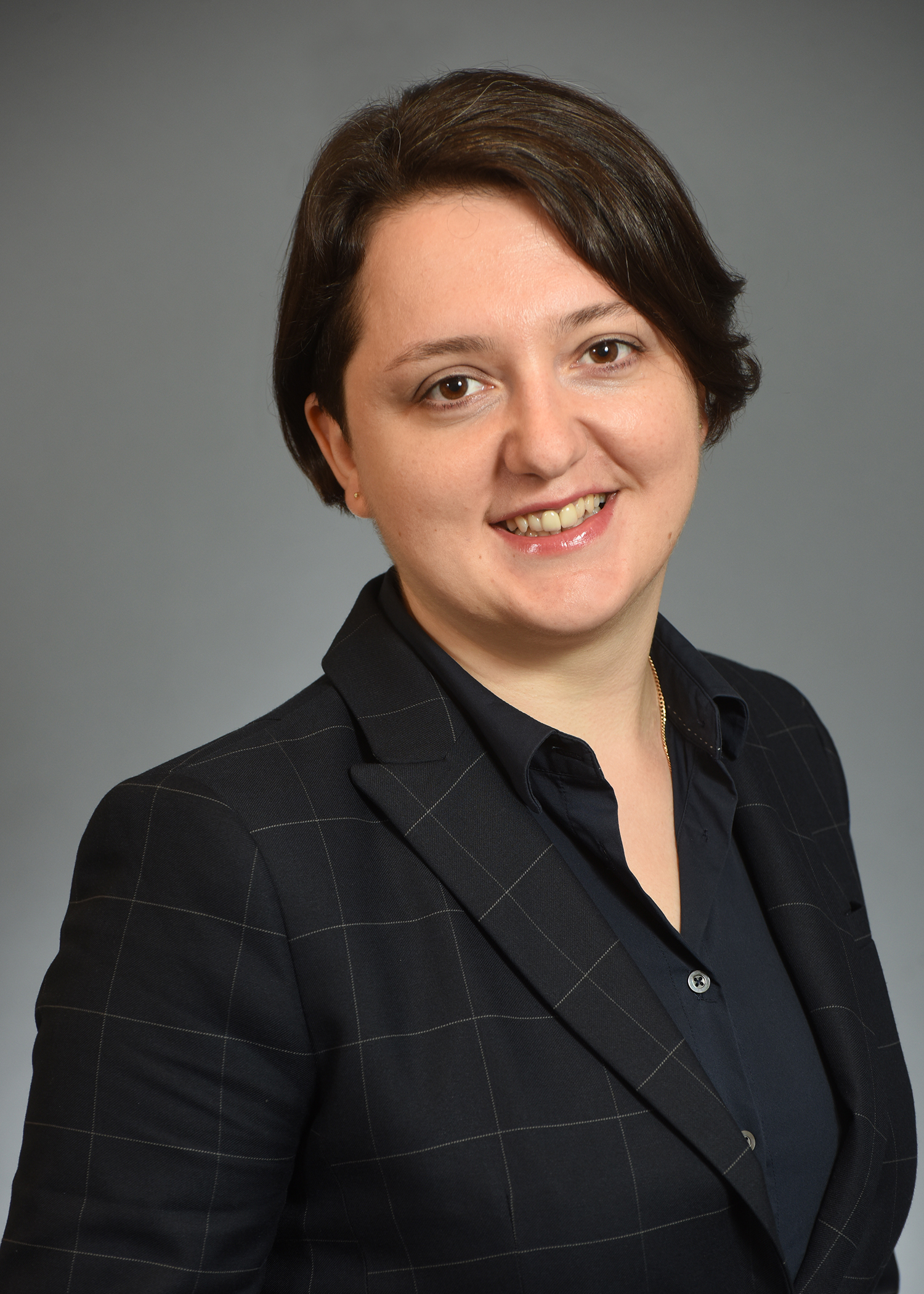
ANA ABASHIDZE is a senior lawyer and trial litigator of the non-governmental, non-profit organization "Partnership for Human Rights"(PHR). She previously worked for seven years as a human rights lawyer at the Office of the Ombudsman of Georgia and as a national expert of gender equality for UN Women. Abashidze also provides training on the use of the European Convention on Human Rights and European (revised) Social Charter for practicing lawyers in the Georgian Bar Association. She has authored several human rights monitoring reports and publications on the rights of children, people with disabilities and women in line with the UN Conventions. She is the author of several studies and research reports in the field of human rights and gender equality. Abashidze received a Bachelor of Laws from the Georgian Technical University and an LL.M. from Tbilisi State University. As a Fellow, she seeks to expand her knowledge of advanced human rights standards, the rights of women, children, and people with disabilities and the accountability for state obligation fulfillment. Her specific goal is to use American University's experience of teaching disability law, gender equality, and domestic violence law in order to transfer these to the Georgian Educational system.
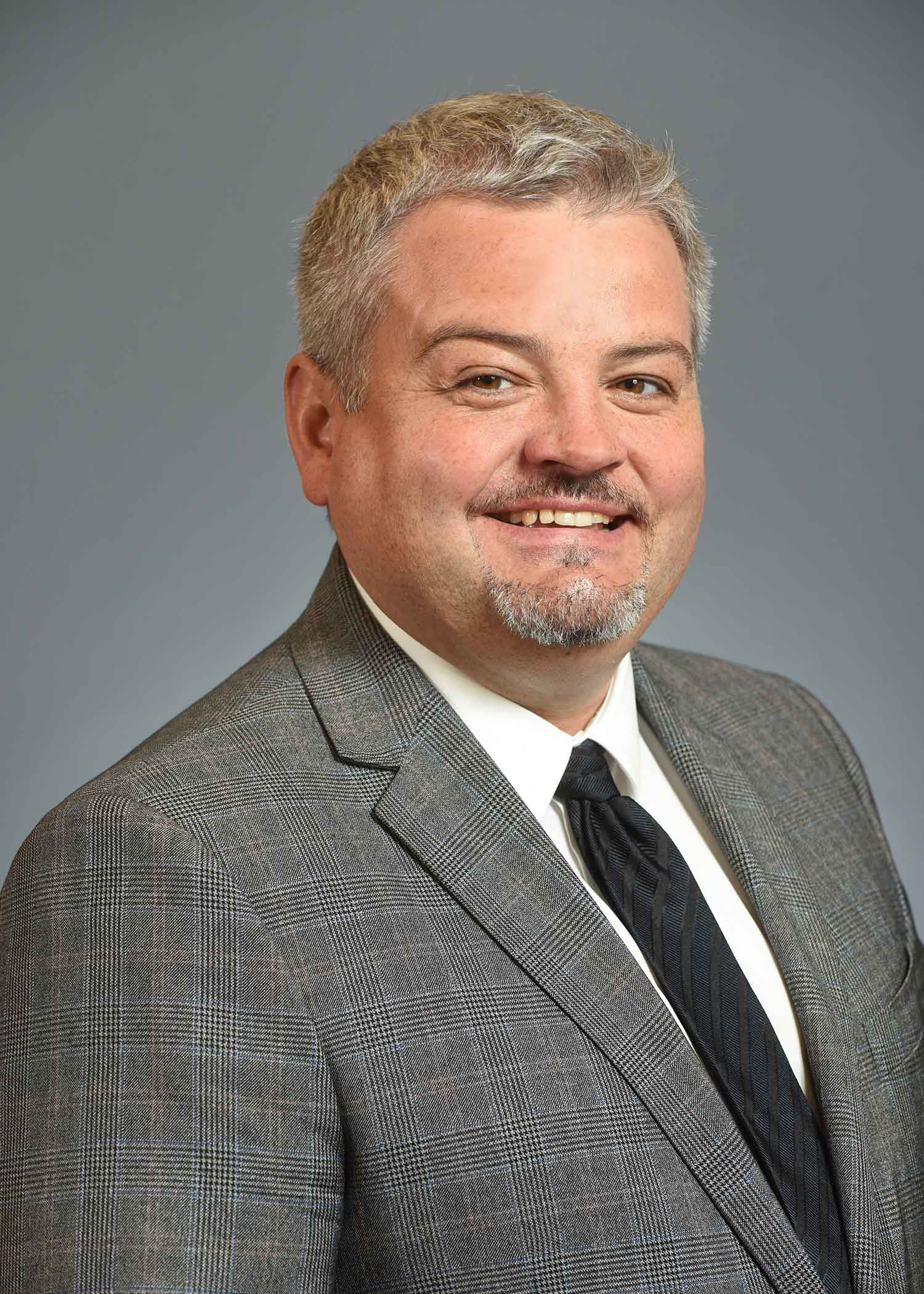
ANDRII PAZIUK holds a Master of Laws and a master’s degree in Business Administration. For 10 years, he has been working for the Parliament of Ukraine as a legal adviser. His experience includes working for the Ministry of Transportation from 2006-2008 and the National Accreditation Agency from 2010-2011. Since 2012, Paziuk has been a lecturer and an LL.M. program moderator of International Cyber Law at Taras Shevchenko National University of Kyiv. He completed his Ph.D. thesis devoted to the protection of privacy and personal data trans-border flows in 2004 and his post-doctoral thesis on International Cyber Law in 2016. Paziuk is also an adviser to the State Special Telecommunications and Information Protection Service, a member of the Steering Committee of Ukrainian National Internet Governance Forum, and co-founder and chairman of the NGO Partners for Digital Rights Defenders. He hopes to explore recent trends in digital policy and law, civil rights, and security issues.
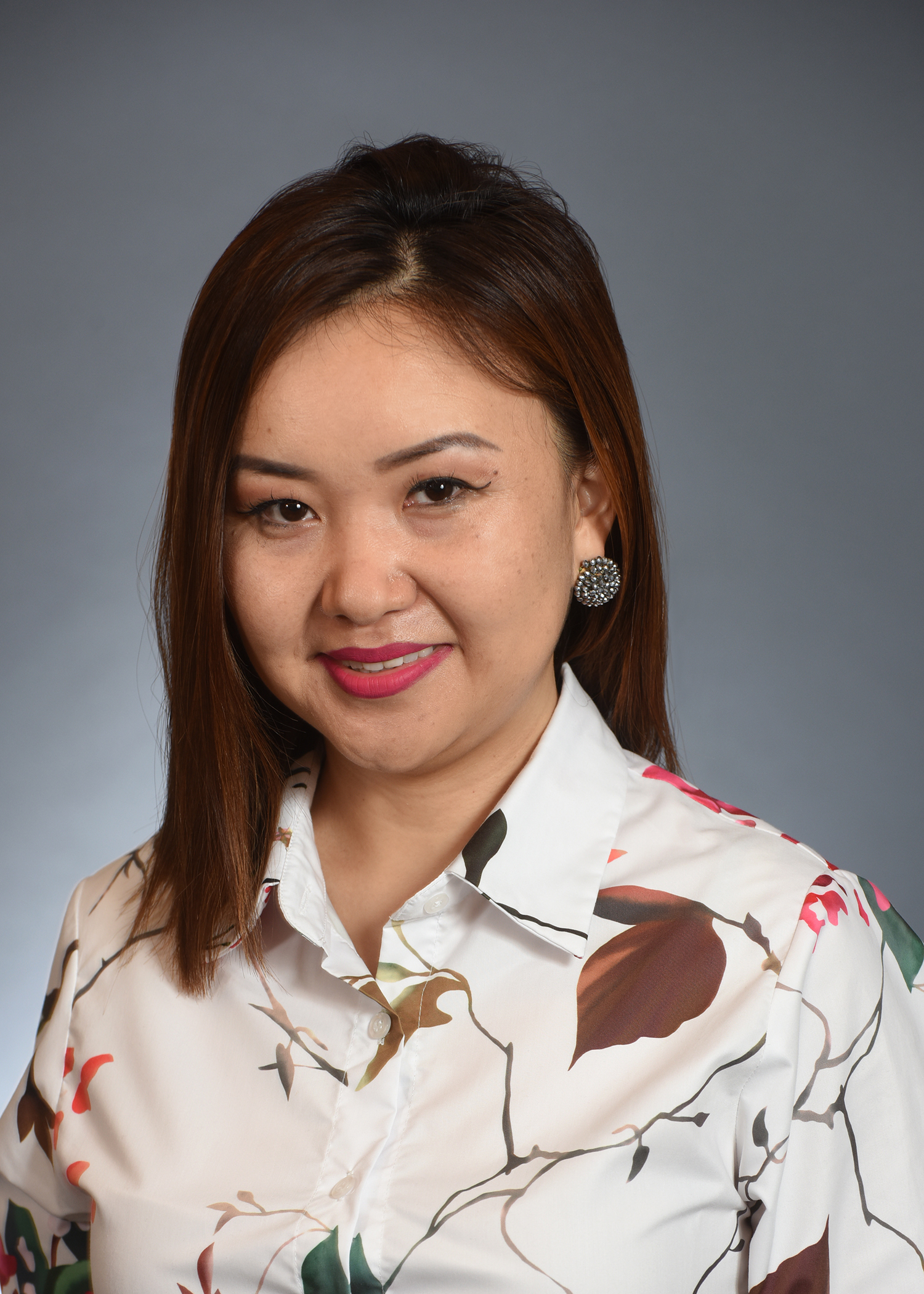
DORJKHAND (DOKKA)MARAVDORJ is an attorney with the Mongolian Bar Association and the Association of Mongolian Advocates. Maravdorj studied international law at the School of Law, National University of Mongolia and holds a master’s degree in international law. After earning her diploma, she worked for 12 years in legal dispute resolution and litigation, working for the governor’s office and mining companies, and providing legal representation in court and arbitration. In addition, Maravdorj successfully completed numerous projects with the General Intelligence Agency of Mongolia, Ministry of Justice of Mongolia on critical issues as the Freedom Law, Protection of Journalists’ Information Sources, Disclosure of Press Ownerships, Mineral Resource Taxation law, among others. Maravdorj is also a licensed instructor authorized by the Mongolian Bar Association. Her professional interests include studying international FIDIC contracts, international comparative law, and litigation proceedings in the U.S. During her Fellowship year with the Humphrey Program, Maravdorj wants to learn more about the U.S. legal system and case law. Specifically, she wants to better understand how international legal organizations and American law firms function.
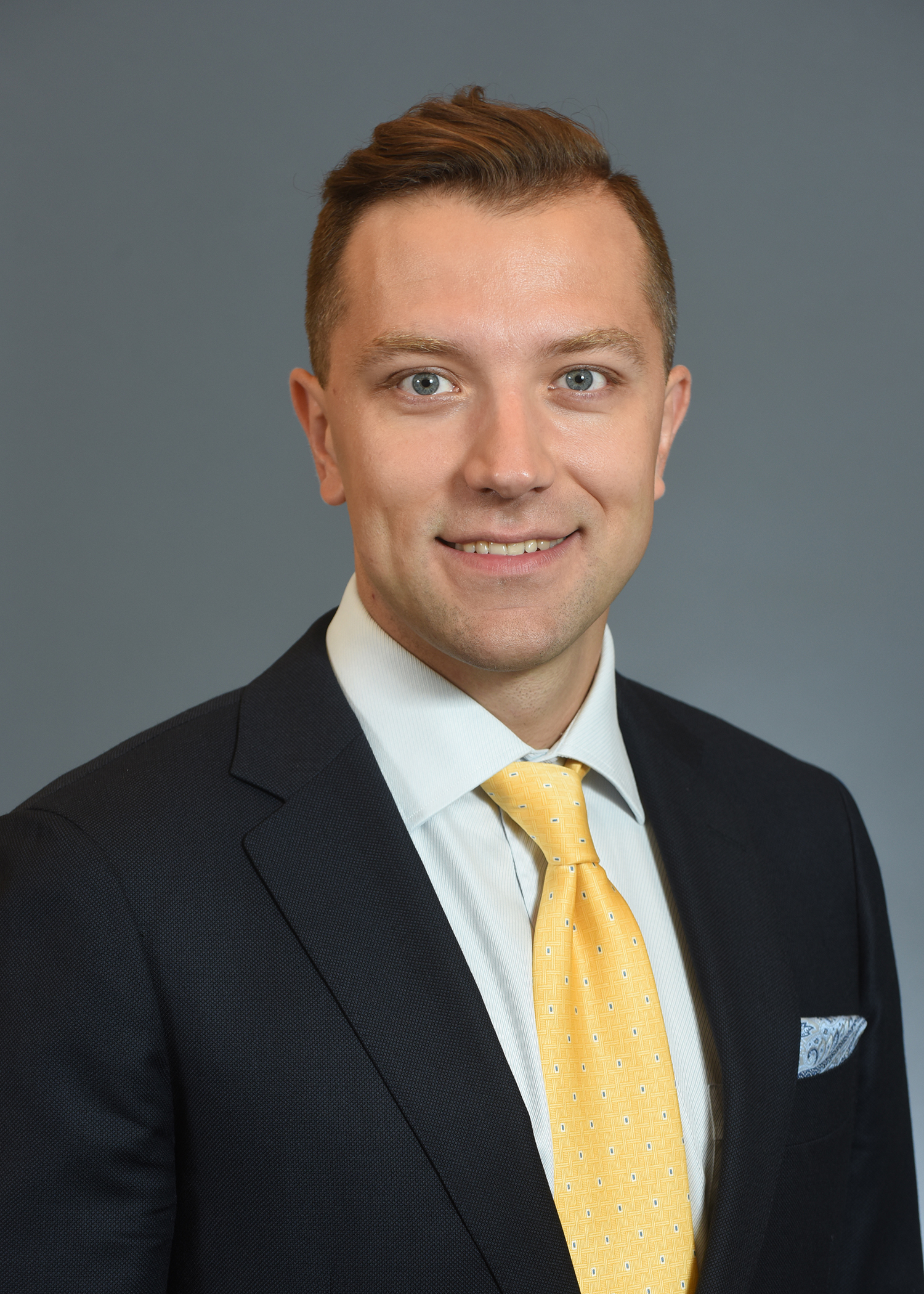
DZMITRY SIAMASHKA is an attorney with one of the largest national law firms in Belarus. He was ranked one of the top lawyers by Chambers Europe in the dispute resolution field. He holds both a Bachelor of Laws and a Master of Laws from the Belarusian State Economic University. Siamashka has worked as a dispute resolution lawyer for more than 10 years, representing clients in many high profile and complex litigation cases around Eurasian Economic Union, including disputes against state authorities. Since 2015, he is a tutor for participants in the United Nations Development Program project in Belarus on tax dispute resolution matters. Siamashka is an expert in the field of administrative responsibility, and prepares drafts and amendments of laws in related fields. Siamashka is an active member of the legal education community and has been a visiting lecturer in legal clinics. He actively participates as a speaker in seminars and conferences, and has authored several publications. During the Fellowship, Siamashka hopes to advance his knowledge of international commercial and investment arbitration, and international trade law.
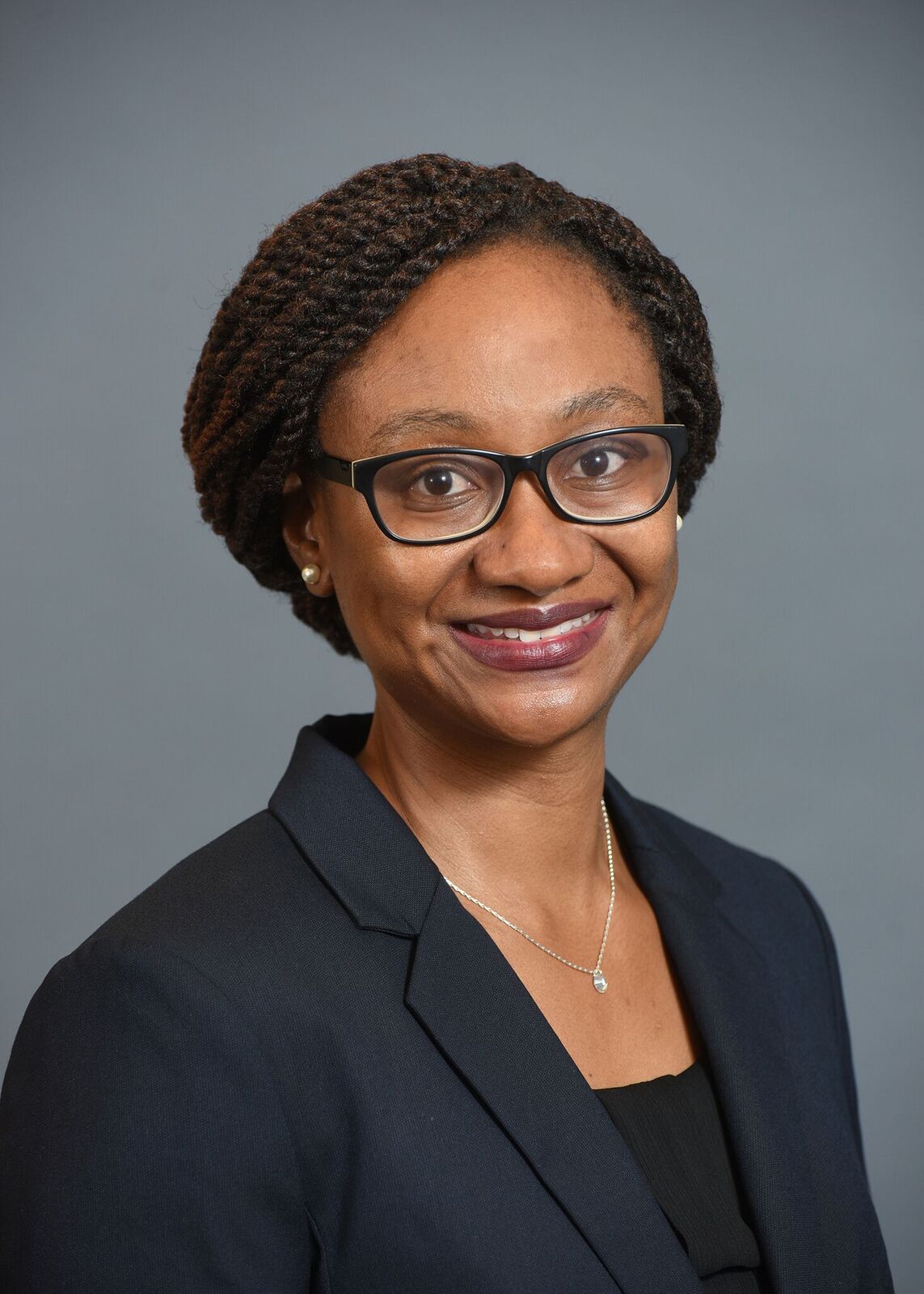
FIONA MWALE is a judge of the High Court of Malawi and Chair of the Child Case Review Board, which oversees child justice and child protection. She holds a bachelor’s degree in law from the University of Leeds, a master’s degree from the University of Warwick and is a member of the Bar of England and Wales by the Honorable Society of Gray’s Inn, as well as the Malawi Bar. Before her appointment to the bench, Mwale was a fierce advocate for the rights of women and children. As a law reformer, she drafted gender sensitive laws and enhanced the rights of children. She is the author of the only book on Family and Succession Law in Malawi titled, Family and Succession Law in Malawi. Mwale has also worked at the international level with the Southern Africa Development Tribunal. During her Fellowship, she plans to focus on child protection and risk identification for children in need of care and protection, strengthening protection in intercountry adoption, and juvenile justice reform.
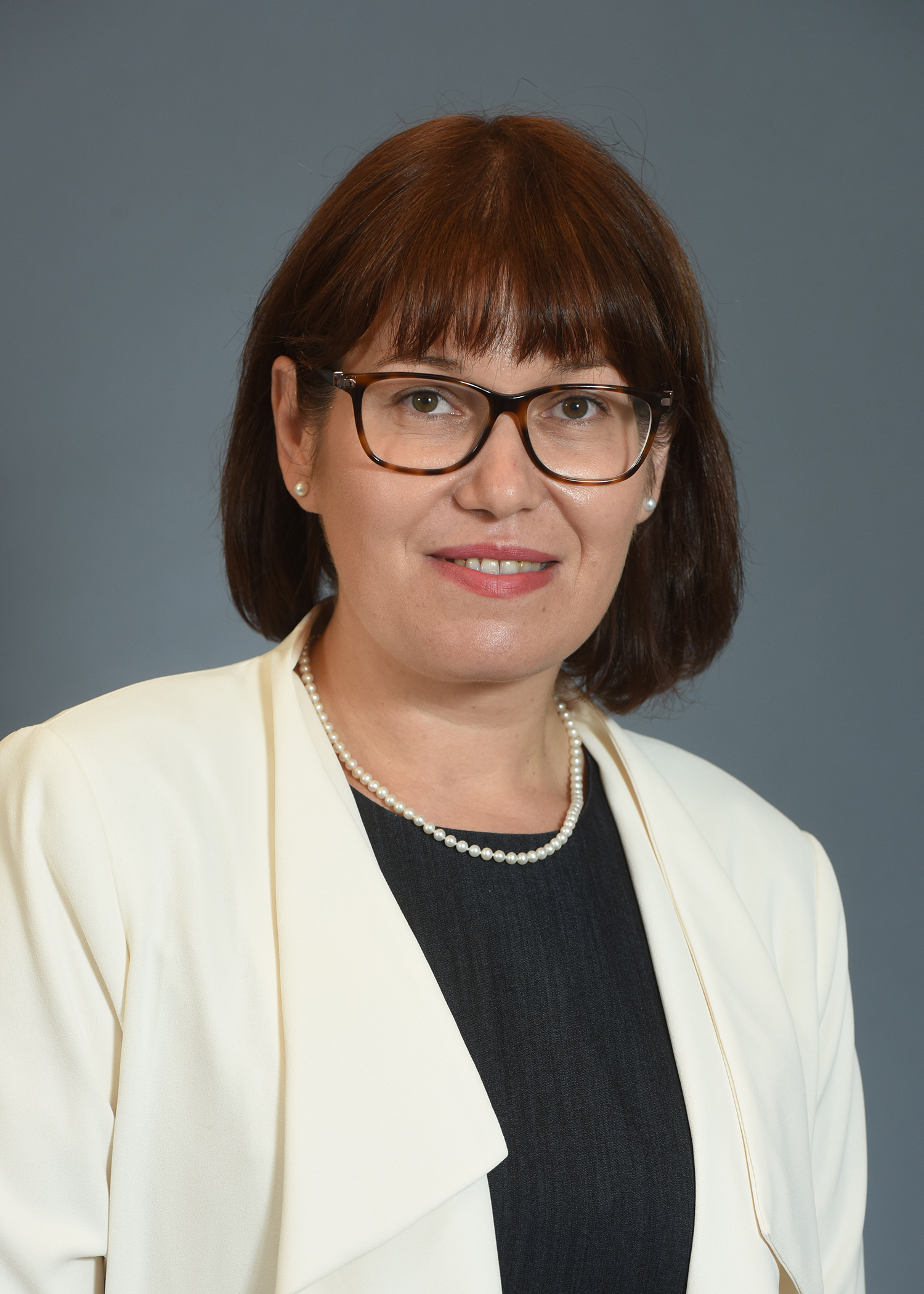
ELENA GEORGIANA PASCU is a program manager at the Centre for Legal Resources (CLR) in Bucharest, Romania. She focuses on facilitating access to justice to persons with disabilities secluded in state’s care facilities. She contributed to the adoption of the first law for monitoring visits, and she was elected by the Senate as President of the Council of Monitoring. While documenting numerous cases of abuse, Pascu was a member of the team that brought to the European Court of Human Rights an emblematic disability rights case concerning both access to justice for individuals with disabilities and their ill-treatment in long-term stay institutions. The CLR on behalf of Campeanu Valentin vs. Romania is a milestone for the rights of persons with disabilities without legal capacity. Her interest is on researching the barriers that persons with mental disabilities, in general, and migrants with mental disabilities, in particular encounter in accessing justice. She will explore the way in which legal mobile clinics are functioning and how to translate this right into effective legislative reform in Europe.
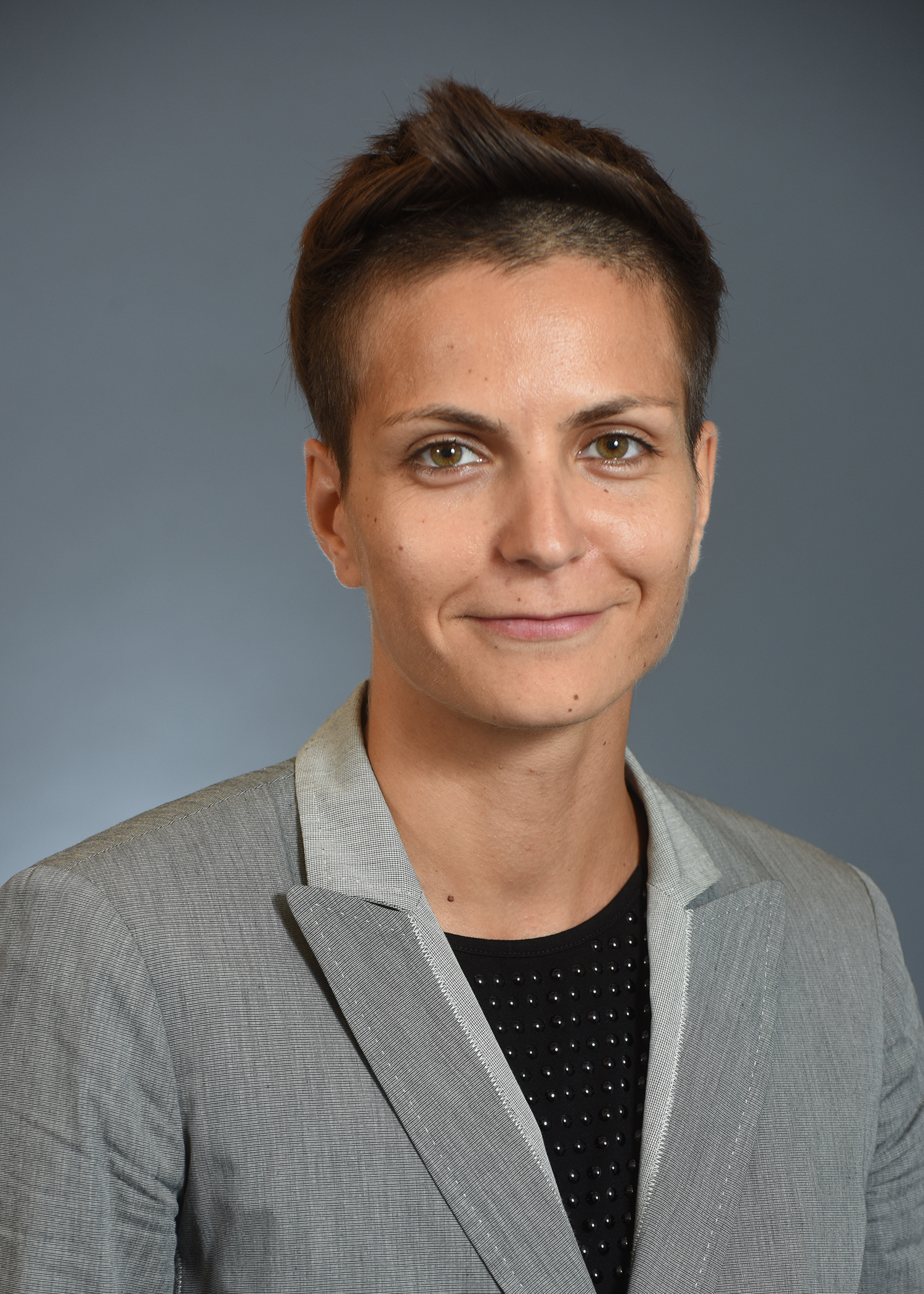
LENA PETROVIC has a Bachelor of Laws from Union University School of Law in Belgrade. After passing the bar exam, she began working at the Belgrade Centre for Human Rights, providing pro bono legal aid to asylum-seekers and monitoring the state of refugees in Serbia. She also monitors the freedom of peaceful assembly in Serbia and advocates for legislative amendments in this field. She was awarded the International Parliament Stipend from the German Parliament (Bundestag) which provided her the opportunity for professional development in the field of political rights and freedoms. She has published and edited several reports and legal analyses in the field of refugee law and delivered numerous presentations at national and international seminars and conferences. During the Fellowship, Petrovi? seeks to broaden her knowledge of international human rights law, improve her legal research and advocacy skills, and establish professional relationships with other fellows and experts.
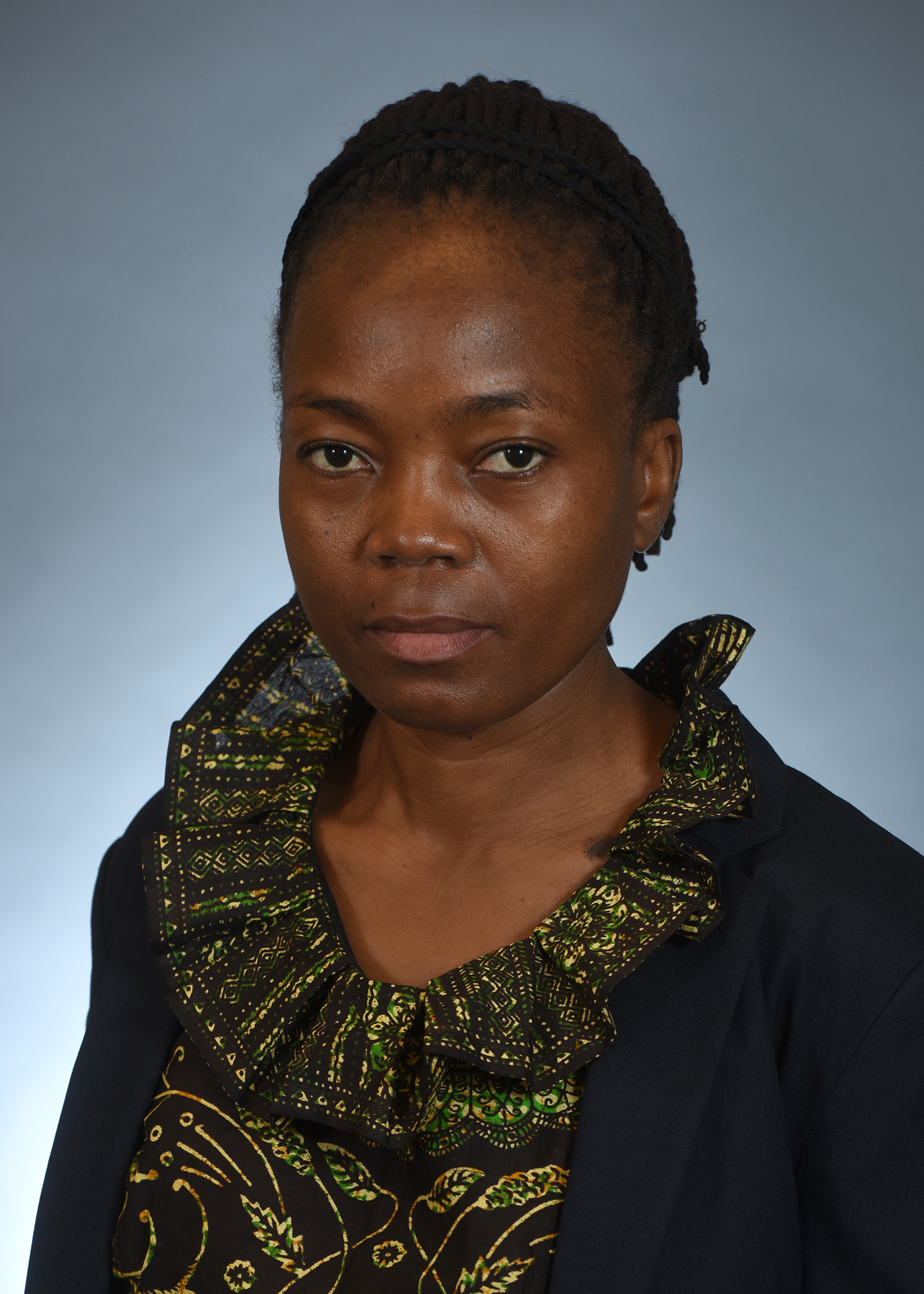
EYMUNAH MARIA MATUI is Vice Chairperson for the Tanzania Women Lawyers Association and has spent the past 12 years working on various programs that focus on access to justice, legal reform, business environment, and women’s empowerment. Matui is a founding member and Legal Secretary to Women Action Towards Economic Development, which focuses on women’s economic empowerment, advocacy, and training programs. She received her legal training from the University of Dar es Salaam, writing her dissertation to fulfill completion of an MSc in Public Policy and Program Design Management offered by the University of Ardhi in Tanzania focusing on Gender Roles and Climate Change. Matui has attended various human rights courses at the University of Pretoria in South Africa, including Rights to Development in African Context, Rights to Persons with Disability, and Gender and Development. Matui is trained in Human Rights Education and received training in Leadership and Entrepreneurship Development from Michigan State University. During her Fellowship, Matui seeks to explore the use of technology to increase access to justice, women economic empowerment and legal analysis, as well as enhance her leadership skills.
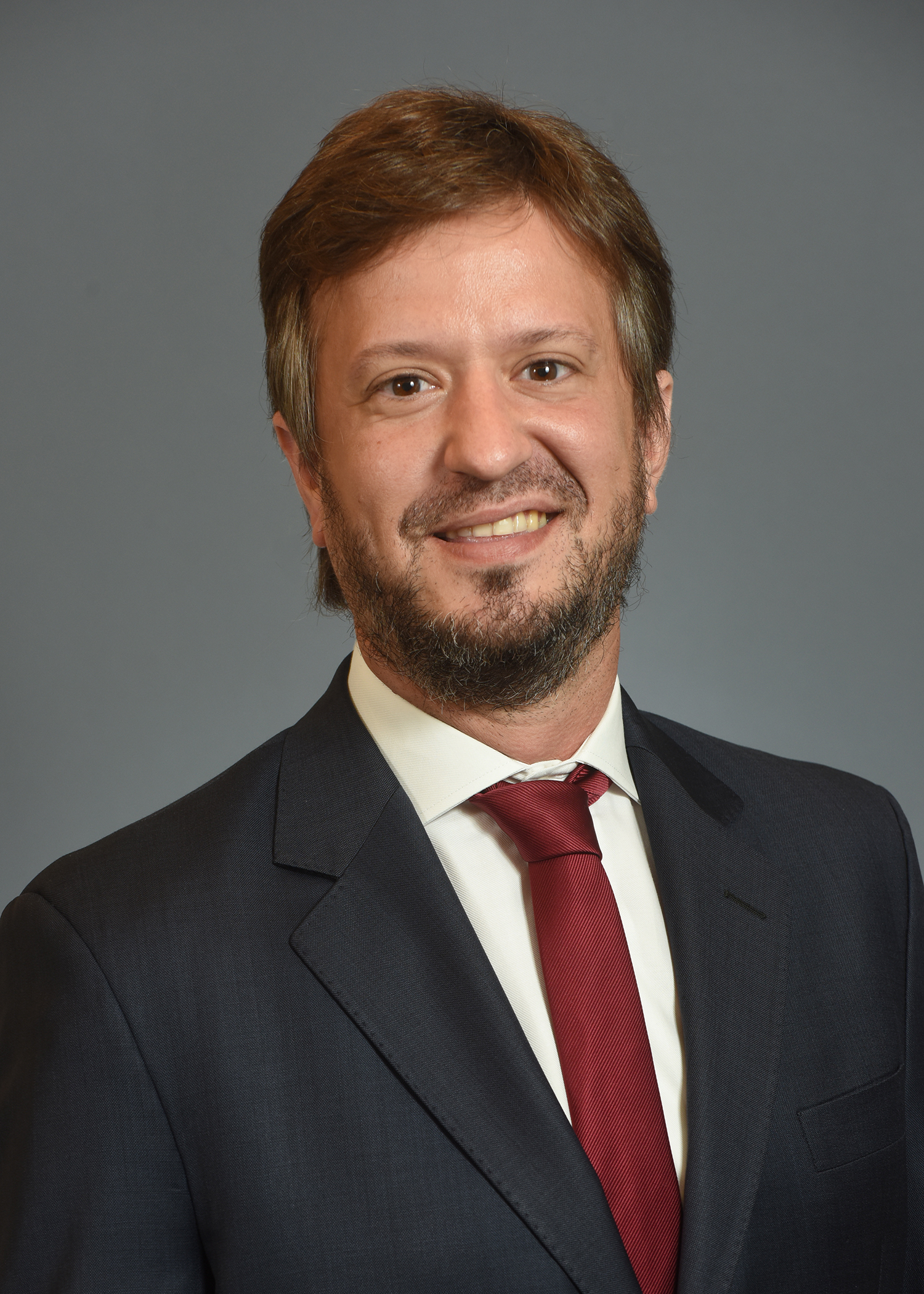
NICOLAS SOLER obtained his law degree from the University of Buenos Aires and is currently the Deputy Attorney at the Secretary of Criminal Matters at the Attorney General’s Office in Argentina. After graduating, he clerked as Deputy Court Officer at the Federal Court of Cassation for Criminal Matters. He also served as an advisor for the Chairman of the Criminal Legislation Committee of the National Congress. In the executive branch, he was appointed as Senior Advisor to the Under Secretary for Criminal Policy. In recent years, he served as Under Secretary of Relations with the Judiciary and Penitentiary Affairs, and as a member of the Council of Magistrates of the Nation. Since 2005, he has been a permanent researcher of the Institute of Comparative Studies in Criminal and Legal Sciences (INECIP), an NGO specialized in criminal justice reform. During his Fellowship, Soler plans to focus on the U.S. system of government, U.S. judicial institutions, and criminal justice.
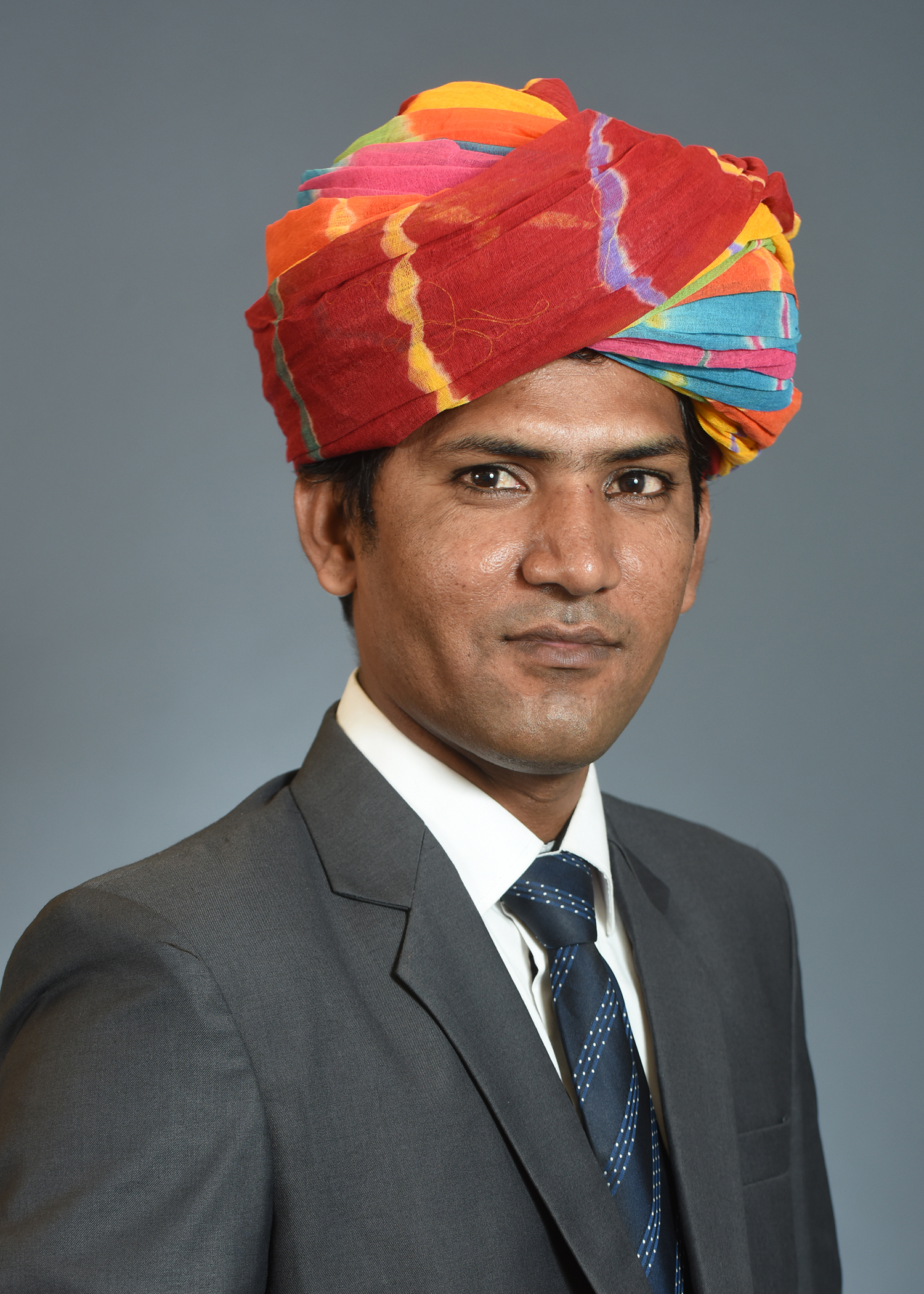
RAMESH JAIPAL received a master’s degree in Sociology from Shah Latif University of Khairpur, and he is currently the Director of the Hare Rama Foundation Pakistan (HRFPK), where he works with marginalized communities in Pakistan. Jaipal serves as the Chairman to the Scheduled Caste Rights Movement of Pakistan (Dalit Rights Movement). He drafted Pakistan’s first Hindu Marriage Bill, which passed on March 19, 2017, and helped start an advocacy campaign around the approved legislation, as well as residential land rights and job and representation quota for minorities in Pakistan. In 2013, he participated in the State Department’s International Visitor Leadership Program (IVLP). Jaipal has conducted research and has written multiple booklets on Pakistani and South Asian minorities, cotton picker issues, as well as social and political problems of underprivileged community of Pakistan. He also designed a skill development program for underprivileged youth of the country with support of SEWA-USA. During his Fellowship, he hopes to strengthen his knowledge on law and human rights and his advocacy skills.
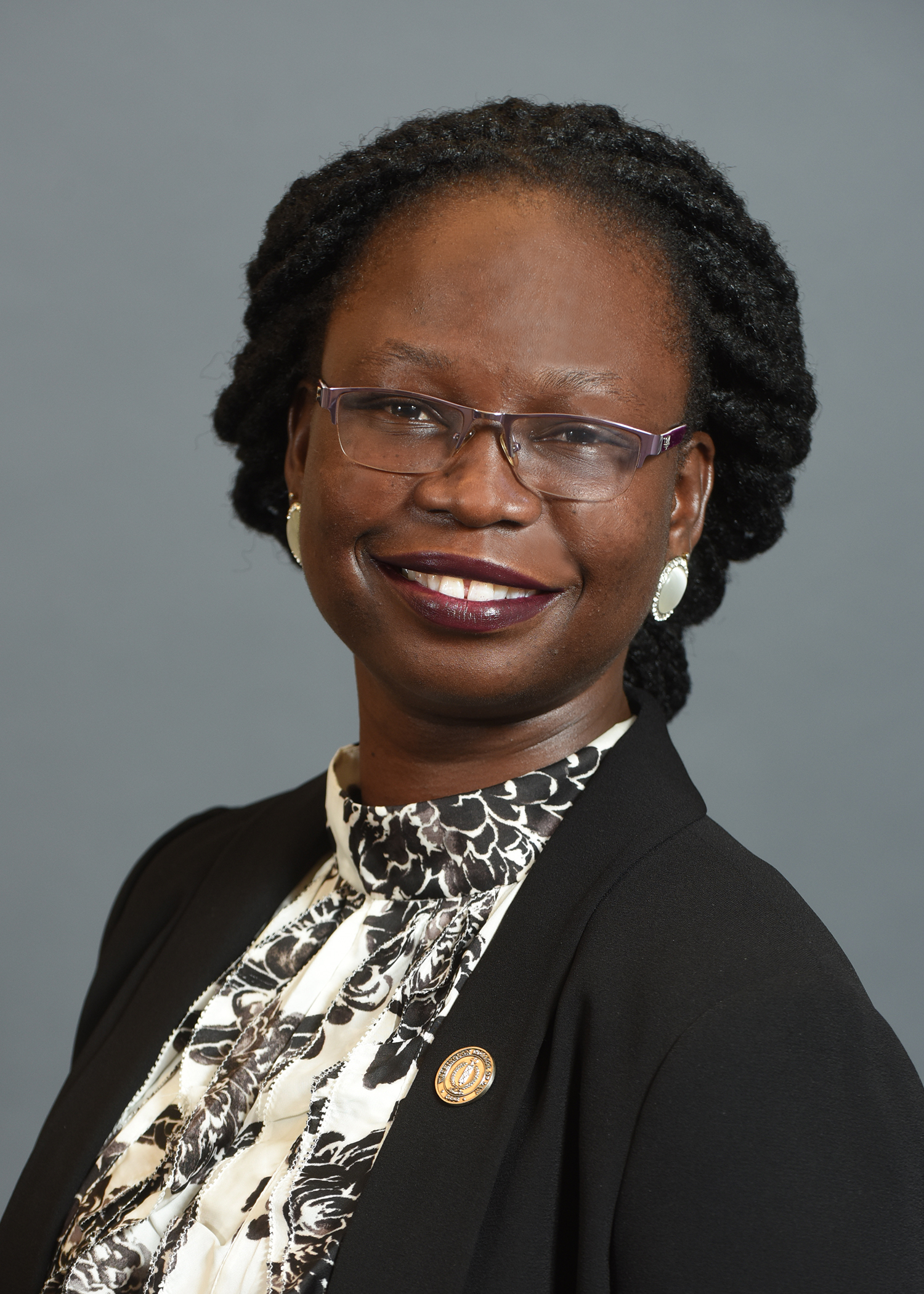
SOLOMY AWIIDI holds a Bachelor of Laws from Ugandan Christian University, along with a post-graduate diploma in legal practice from the Law Development Center. She is pursuing her master’s degree in international development at Virtual University Uganda. Awiidi has extensive experience in gender equality and human rights advocacy, in particular with women and children’s rights. She spent five years working with an organization called MIFUMI, where she provided free legal services to survivors of violence, and contributed to setting up and management of the National Gender Based Violence shelters and guidelines in Uganda. Awiidi is currently working with the Refugee Law Project under the Access to Justice Program, where she focuses on provision of legal aid to forced migrants, advocacy to reform policy, practice, and law, as well as strengthening capacity of state and non-state actors to deliver justice. As an advocate, she is a member of Uganda and the East African Law Society, FIDA-Uganda, Network of Public Interest Lawyers, and the GBV Prevention Network.
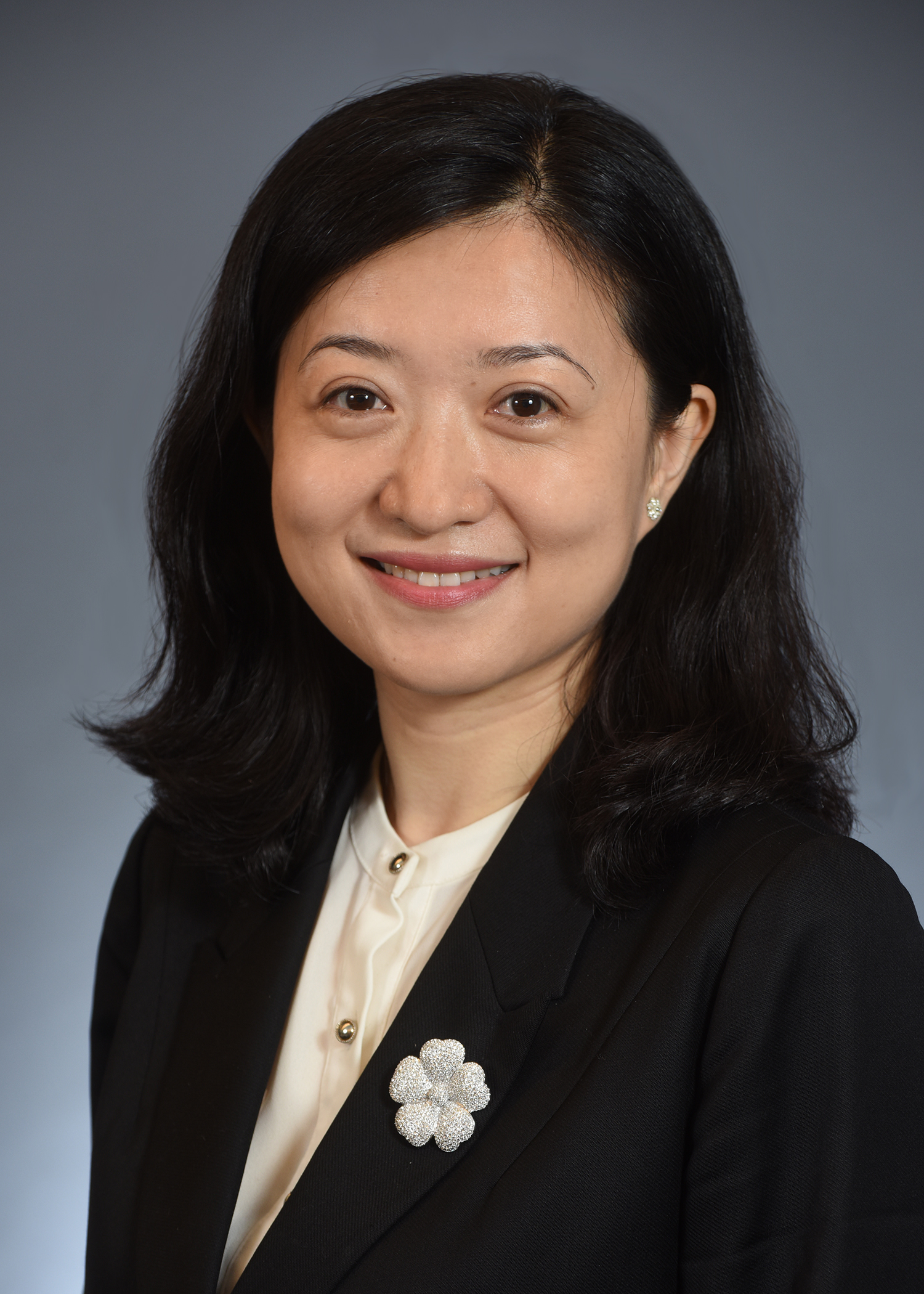
YONGMEI WANG holds a Bachelor of Laws from Xiamen University in China and a Master of Laws from the University of Nottingham (UK). She is currently a public interest lawyer in a domestic law firm, where she focuses on handling cases in children’s rights, anti-domestic violence, anti-discrimination in the workplace, the protection of people with disabilities, and LGBTI rights. Prior to being a public interest lawyer, Wang was a program manager and a senior legal officer with international NGOs promoting public interest law and the rule of law in China. She has acted as a legal consultant for several international NGOs, domestic NGOs and foundations on registration and daily management and program implementation issues. She is interested in enhancing her knowledge on children’s rights and best practices in juvenile justice, and hopes to advance her skills in public interest litigation and negotiation.
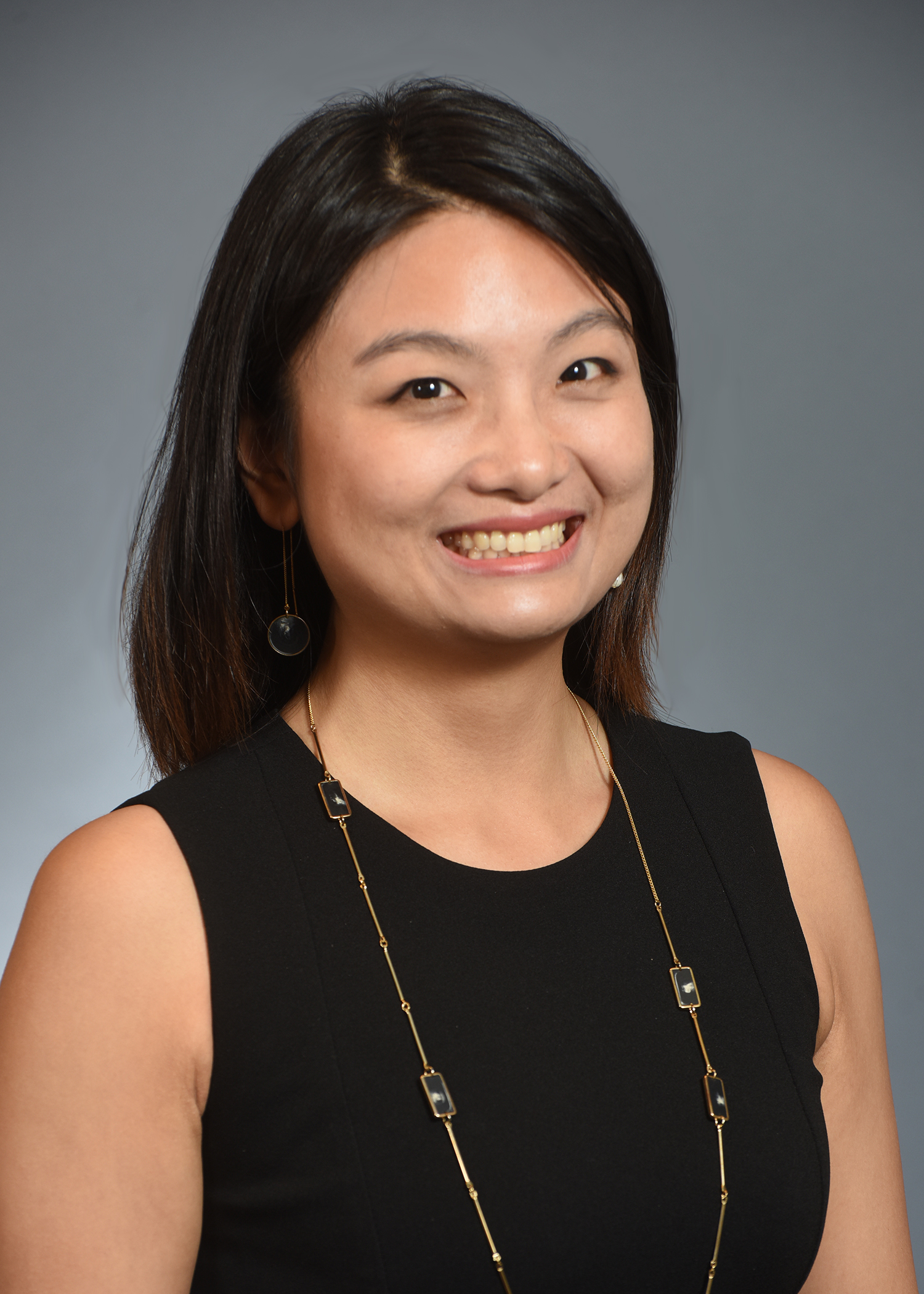
WEI GAO has a master’s degree in Law Theories from Wuhan University and a master’s degree in Human Rights Law from Central European University. She is currently working as a researcher and program manager with The East-Lake Institute for Social Advancement in China. Through research, education, legal assistance, and advocacy, Gao has dedicated her career to promoting equal access to justice and enjoyment of human rights of disadvantaged communities in China, working with groups including rural women, migrant workers, and environmental pollution victims. Gao’s main area of interest is to promote equal rights of persons with disabilities in China, in particular, with deaf people’s language rights throughout the judicial process. She is also a Disability Equality Training facilitator, and the Executive Editor of Disability Rights Studies in China, the first rights-based, multidisciplinary and empirical journal on disability in China.